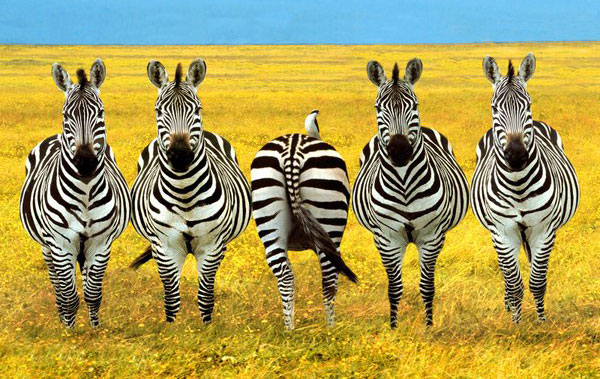Looking at the Economy Another Way

What do we mean by "limits to growth?" I first read the book Limits to Growth published by the Club of Rome in the mid-seventies. It was the first of many eye-opening books I read beginning with Frances Moore Lappé's Diet for a Small Planet, that shook the foundations of all I believed and had been told by my parents and my culture. I was shocked to find out that the very comfortable material life most Americans were enjoying was not sustainable and that we were destroying the very thing that gives us life—Earth. For the last forty years I’ve been working to understand how we’ve gotten so far out of synch in our relations with ourselves, each other and the Earth, and how to find our way back into balance. In this month’s column I want to focus on THE ECONOMY, and the beliefs about it that are jeopardizing our planet.
We hold these beliefs to be true:
1) Economic growth is a good thing.
2) Earth can support unlimited growth
1) We’ve always been told that economic growth is what makes our personal and collective lives fulfilling. We also been told, and come to believe, that our primary value to modern life is as consumers. That’s how we keep the economy growing. What economist or political leader doesn’t advocate economic growth? What president doesn’t feel personally self-satisfied and responsible for increased Gross Domestic Product (GDP) and an economy that shows robust growth? If the economy is “good,” he or she will take the credit and reap the rewards of reelection to a second term.
2) There was a time—when there were only 3 billion of us on the planet—that it looked as if Earth had limitless resources that could sustain our comfortable lifestyle with no serious consequences. Now we are approximately 7.5 billion people on this planet who all wish to live as we do in the West. This is now impossible, though there are many who don’t believe this yet. It has been suggested that if all 7.5 billion people consumed as much as the average U.S. citizen, we would need 4 planets. How Many Earths Do We Need?
To expand on these two beliefs I recommend these short, straightforward essays by Jeremy Lent with Tikkun magazine (see Structural Flaws 5 & 6), and David Korten from his “Living Earth Economy” series with YES! magazine. Jeremy Lent briefly and clearly describes two gross misconceptions in our current worldview in this article A House on Shaky Ground, 8 Structural Flaws of the Western Worldview
GDP is a good measure of prosperity (Structural Flaw #5}:
“We continually hear Gross Domestic Product discussed as if it is a scorecard of a country’s success. Yet all GDP measures is the rate at which we are transforming nature and human activities into the monetary economy, no matter how beneficial or harmful. The basic fault with GDP as a measure of a country’s performance is that it fails to distinguish between activities that promote welfare and those that reduce it. Anything that causes economic activity of any kind, whether good or bad, adds to GDP.”
There are better ways to measure our prosperity, such as the Genuine Progress Index (GPI.)
The earth can support limitless growth (Structural Flaw #6):
“The world’s financial markets are based on the belief that the global economy will keep growing indefinitely, yet that is impossible. When modern economic theory was developed in the 18th century, it seemed reasonable to view natural resources as unlimited because, for all intents and purposes, they were. However, both the number of humans and the rate of our consumption has exploded so dramatically in the past fifty years that this assumption is now woefully wrong.”
We need to change our orientation from growth in consumption to growth in quality.
In his article “Why the Economy Should Stop Growing—And Just Grow Up” David Korten says, "Humans now consume at a rate 1.6 times what Earth can provide. Global GDP is currently growing 3 to 4 percent annually. Contrary to the promises of politicians and economists, this growth is not eliminating poverty and creating a better life for all. It is instead creating increasingly grotesque and unsustainable imbalances in our relationship to Earth and to each other."
Both authors, and many others, such as Kate Raworth (Doughnut Economics) focus on how we can grow quality in our lives without destroying our Earth support system.
There is enough for everybody's need, but not enough for everybody's greed. —Gandhi
Back to Blog